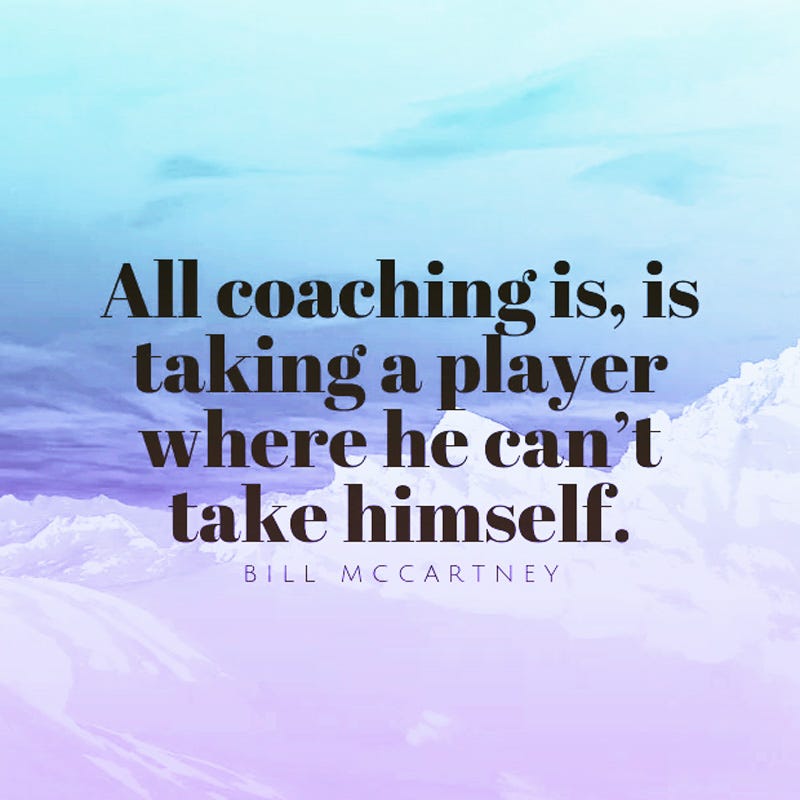Tutor: All Coaching Is
Imagine, if you will, two students who show all the signs of a 1400 or higher on the SAT. Feel free during this mental exercise to substitute any other test or subject and assume the ability to finely grade fine bands of achievement, even if you haven’t developed that talent yet.
Student 1 takes all the practice tests as instructed and independently arranges tutor meetings.
Student 2 compromises simulated testing conditions and shows little enthusiasm for your tutoring.
Which student do you expect is more likely to meet or exceed that 1400 you projected?
Obviously, we all expect Student 1 to perform at a higher level. We’re right to do so, even though our scenario established that both students shared the same academic traits and history to reach a 96th percentile score with the right preparation.
Success in any challenging competitive task, activity, or norm-referenced test requires sufficient practice and preparation to manifest potential into actual results. For most human beings, the process requires abundant coaching as well, which, in this case, refers to the non-academic aspects of instruction. The competitor who seeks out and takes the coaching is more likely to prevail.
Why, though? What exactly does a tutor do as a coach?
When a student excels, the coach celebrates.
When a student underperforms, the coach calls it out.
When a student only sees the little details, the coach paints the big picture.
When a student racks up wins and losses, the coach puts them all into context.
When a student’s intensity flags, the coach fans the flames.
When student interest becomes a roller coaster of highs and lows, the coach levels it out.
Every high academic performer–like every champion, visionary, and virtuoso in every other endeavor–is intrinsically motivated to a degree many of their peers can barely comprehend. But even the best need to be accountable to someone else who shares their vision of the path forward and the possibility of what lies at the end. Be that coach. As Bill McCartney pointed out, "All coaching is, is taking a player where he can’t take himself.”
Tips, Tools, And Thoughts
A Guide to Norm-Referenced Tests
Not sure what a norm-referenced test is? Find out!
2 Ways to Harness a Hyper-Focused State of Flow
Step 1: Belief in the transformative power of flow
Five Things I Wish I Knew When I Started Teaching
These lessons are worth reading.
How easy is it to fool ChatGPT detectors?
Spoiler: pretty easy
Allocative Skill
What exactly is allocative skill? (BONUS: Play this game to test your own allocative skill.)
And what awesome vocabulary building tool should you be sharing with your students?
Seriously, vocabulary has asserted itself as the testing priority modern students are least prepared to address. One word—the right word—each day can help unlock the English lexicon and develop the building blocks of an expanded test-ready vocabulary. Spread the word about Roots2Words.






